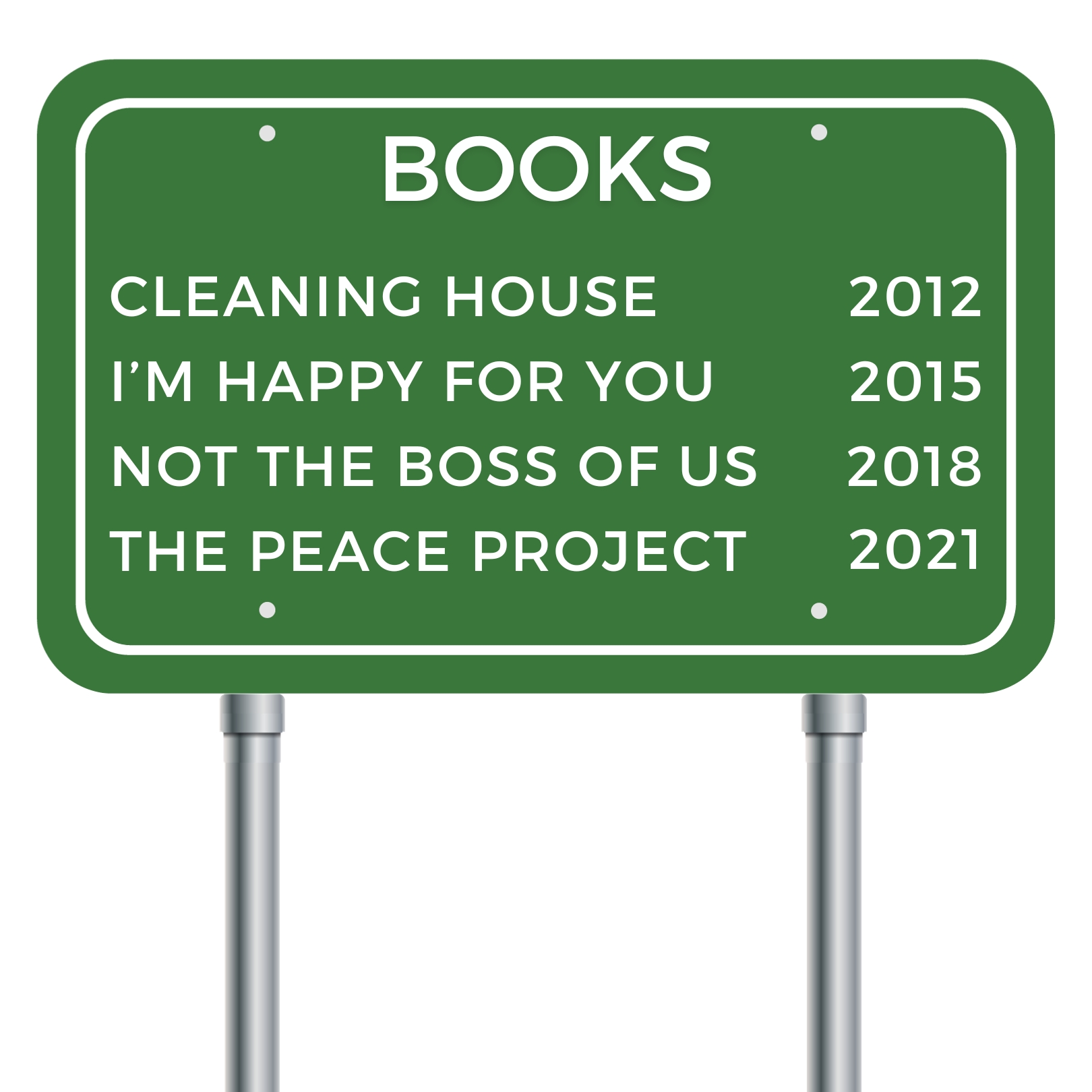Thanks to the moms who sent me links to Tim Elmore’s articles on Huff Post. It never hurts to put more fuel in the equipping tank. Maybe we need it as we continue to stay strong and fight the urge to step in and do for our kids rather than let them sink or swim on their own. Especially as the start of school gets ever closer.
In one of the articles, Tim compares parenting to teaching a kid to ride a bike. I couldn’t agree more and have shared the same thing myself. We would never stay running along side our young adult children as they ride their bikes. That would be colossally embarrassing – for everyone! I thought about it the other day when a group of tween boys rode their bikes in front of my house. Fishing poles in hand, they were on their way to the tiny lake (of the pond variety) at the end of our street to hang out and catch what they could. Besides loving every aspect of that picture – lazy summer day, boys laughing and talking, battling “I’m bored” with something other than a television or gaming, community, talking rather than texting… – I couldn’t help but think how ridiculous it would look to have parents running alongside. Yet, that’s what we’re doing every time we insert ourselves into situations where our kids can and should stand on their own.
Anyway, here’s a couple small snippets from and links to Tim’s articles. He offers great fuel for our tanks on his website: Growing Leaders. Good stuff, worth the read and subscribe.
Thanks for keeping us informed, Tim …. and thanks for walking the road with me.
-Kay

While it can be tempting to step in and help our kids on any level, doing this is a trade-off, at best. … Life-skills atrophy because those “muscles” never get developed.
Our problem is, we assume our kids are too fragile. Many of us adults just don’t think our kids are capable of failing and then, getting back up and moving forward. Instead we safeguard them from issues like problem solving. Dr. Michael Unger, a child therapist, writes: “We seem these days to have a magical notion that children can learn common-sense items by just watching and listening to others talk about it. That just isn’t the way our brains develop. We are experiential beings. Lev Vygotsky, a famous child psychologist from Russia, demonstrated very well what he calls ‘zones of proximal development.’ We need to be pushed, not too far, but just enough to learn something new. Good development occurs when we are invited to accept challenges that are just big enough to demand we work at solving them but that they don’t completely defeat us.”
…
(W)e remove the training wheels — and now our help is a tender balance of SUPPORT and LETTING GO. Did you catch that? We must both support them and let go of them if they’re ever going to do it on their own.
The EASY Solution
Try these four steps with your students that spell the word: EASY. When your young person is up against a challenge, here’s how you can balance support and letting go. It’s EASY:
E – Encourage them first.
The best help a parent can offer first is to sit down and offer encouragement. They need to hear someone they respect tell them: “I think it’s in you to do this. You have what it takes.” Encouragement is the oxygen of the soul.
A – Ask Questions next.
Look at the problem with your child. Ask them questions that will help them do the critical thinking they need to do to solve it. Questions are almost always more helpful than spoon-feeding them possible answers. It teaches them how to think.
S – Simulate a problem.
Come up with a similar problem and walk them through how to solve it, so they can apply that skill to problems they’ve been given by their instructor. In other words, instead of merely talking about it, help them “practice” the skill they must learn.
Y – Yoke Them with a Peer.
Like oxen in a yoke together, connect them to other students who do understand the work. Yokes enable two oxen, a weaker and stronger one, to co-labor. Build a bridge to a solution through a peer-mentor, rather doing the work for them.
There’s more! Read the rest of When Helping our Kids Starts Hurting Them Part 1, Part 2
Dr. Tim Elmore is a leading authority on how to understand the next generation and prepare tomorrow’s leaders today. He is a best-selling author, international speaker, and president of Growing Leaders, a nonprofit that helps develop emerging leaders under the philosophy that each child is born with leadership qualities.














Thank you for this! Not helping my children with everything has gotten me dirty looks at the playground and elsewhere. They must make some mistakes or they will never learn. Thanks again.
Thank you for sharing this article! I needed this reminder!